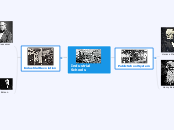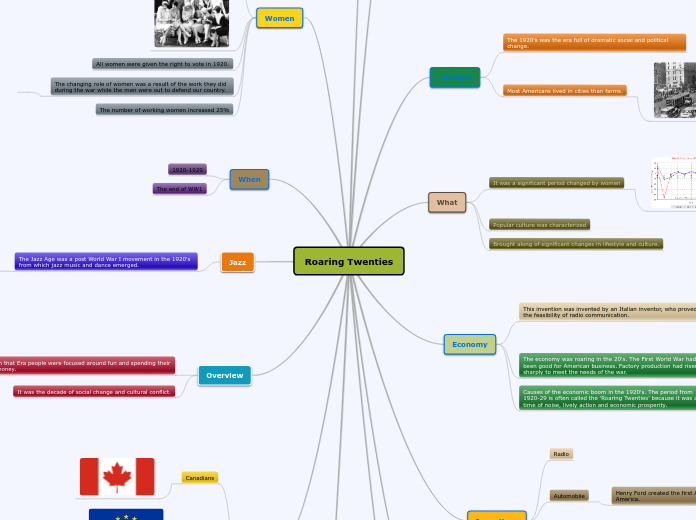par Isaiah Johnson Il y a 7 années
596
Industrial Schools
During the late 19th and early 20th centuries, Europe and the United States underwent significant transformations due to rapid industrialization and urbanization. The mass production of goods such as steel, textiles, and energy became central to economic growth, driven by advancements like Sir Henry Bessemer'









